Neelam Deo and Manjeet Kripalani reflect on India’s changing place in the world
In a new USISPF podcast episode, they recounted how a chance meeting in NYC led to the creation of India’s first woman-led foreign policy think tank.
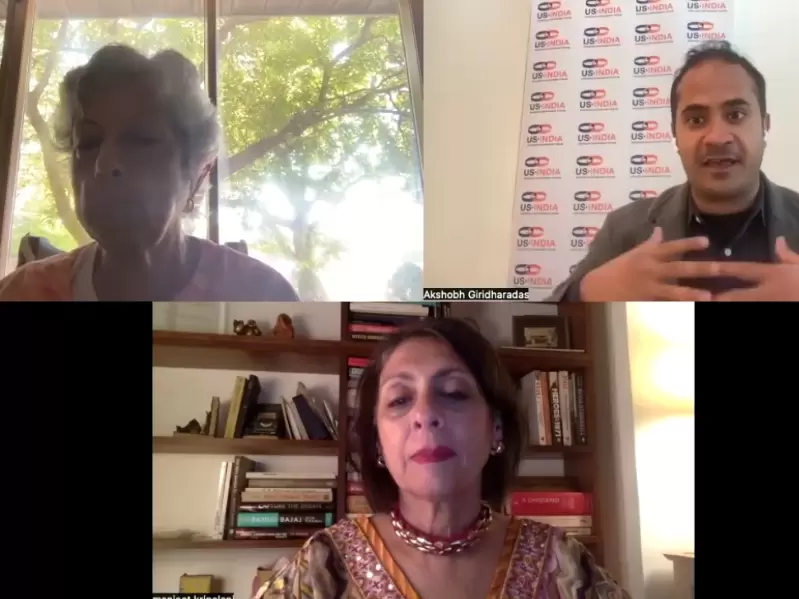 Ambassador Neelam Deo and journalist Manjeet Kripalani in conversation with USISPF. / USISPF
Ambassador Neelam Deo and journalist Manjeet Kripalani in conversation with USISPF. / USISPF
In the latest episode of ‘The Power of She’ podcast hosted by the US-India Strategic Partnership Forum (USISPF), Ambassador Neelam Deo and journalist Manjeet Kripalani, co-founders of Gateway House, a foreign policy think tank in Mumbai, India, spoke about their early struggles and how India’s global identity has shifted since they began their journey in 2009.
The episode featured the two women recounting how a chance meeting in New York led to the creation of India’s first woman-led foreign policy think tank, based in Mumbai. Their goal, they said, was to bridge the gap between business and foreign policy, offering India’s corporate sector a deeper understanding of the forces shaping the world.
ALSO READ: 'Clamour for India', says Mini Menon on country's business potential
Reflecting on those early years, Deo recalled the challenges of explaining global dynamics to India’s business community. “I had been meeting with think tanks in New York and before that in Washington and even in Copenhagen. And you're on the other side of the table being asked questions by scholars, by analysts, by strategists,” she said. “Now I found myself trying to answer many questions and to get the corporate representation in Mumbai interested in a whole different way of thinking and trying to understand what happens in the world.”
Deo described the early 2000s as a turning point, both for India’s economy and its confidence on the global stage. “It was really new. It was exciting for me that instead of trying to tell people what's happening in India, how India thinks, I was now finding myself telling our corporations how the world looks at India,” she said.
Kripalani recalled that the idea of a think tank outside Delhi was met with skepticism. “People would say, oh, we don't need people to think. You have to do. And it was such an alien idea,” she said. “They would mock us—‘here are these two ladies from Bombay who want to do a think tank.’” Yet, Gateway House soon gained traction for offering an independent, business-linked perspective on international affairs.
Discussing the think tank ecosystem today, Kripalani raised concerns about blurred lines between research and consulting. “Think tanks, especially in the West, have raised so much money, very few are now really not-for-profit institutions,” she said. “They are for-profits masquerading as not-for-profits.”
She noted that despite the growing noise and misinformation of the digital age, Gateway House remains committed to its founding purpose. “Our job is to filter through all this and try and find the reality and give it to the public,” she said. “In that sense, our job is even more relevant.”
Their reflections pointed out how India has shifted from being a subject of study to becoming an active shaper of global thought. For Deo and Kripalani, the founding of Gateway House symbolized this turning point: when India began not just to respond to the world, but to interpret it on its own terms.




 Pranavi Sharma
Pranavi Sharma

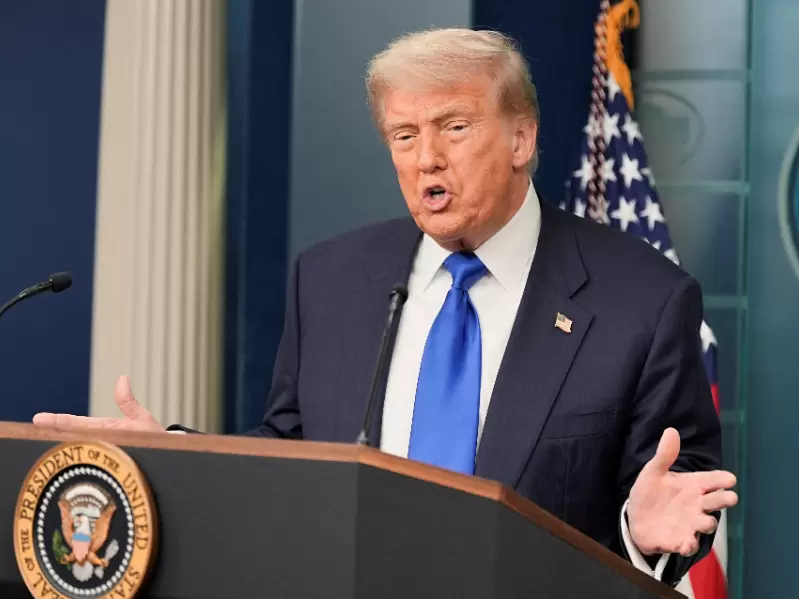

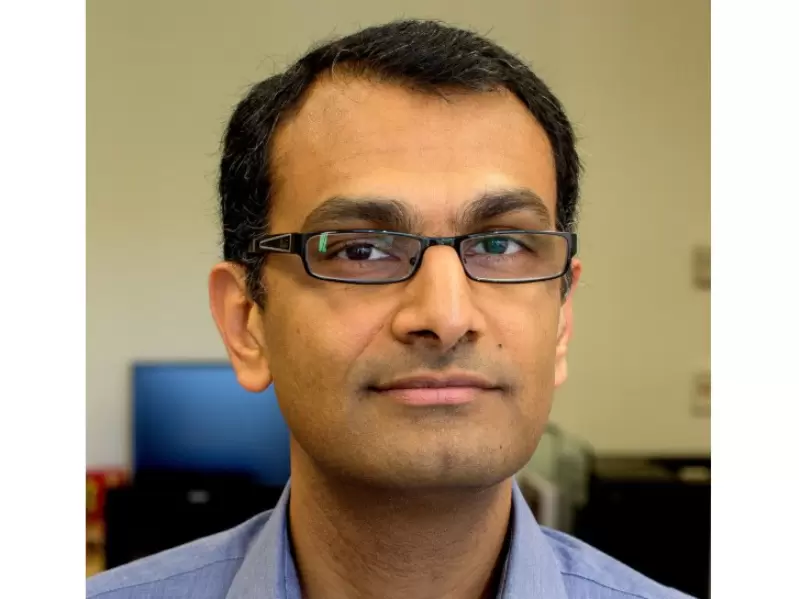

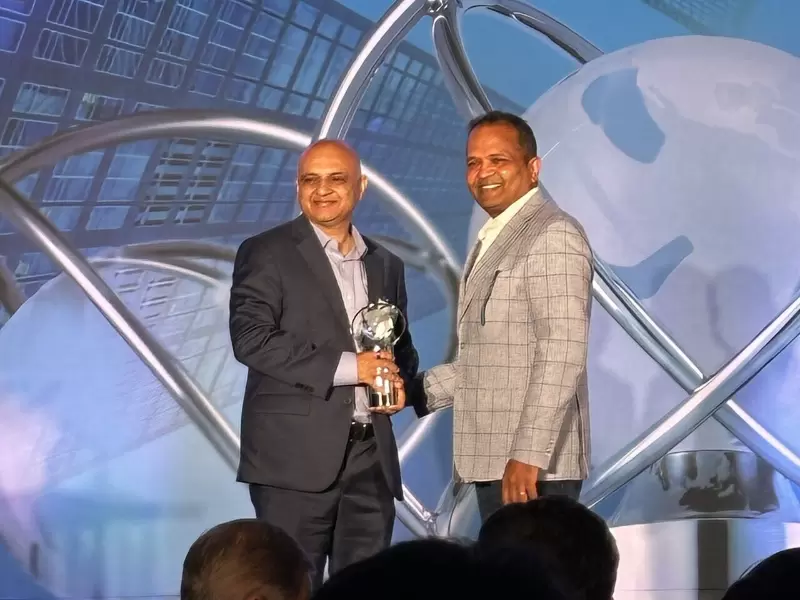

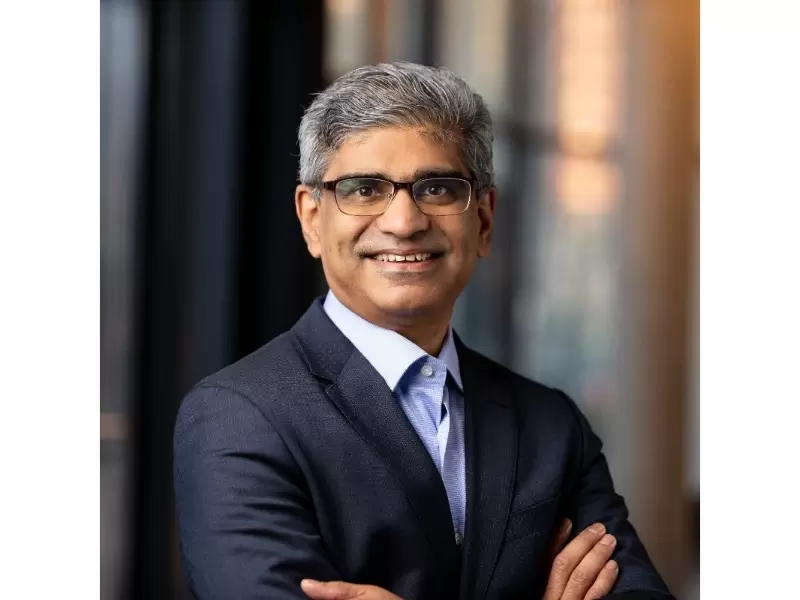

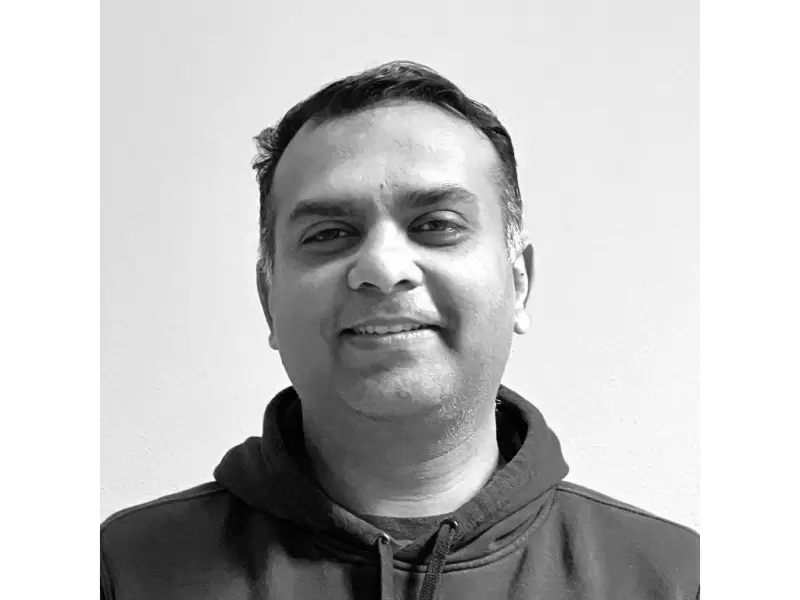





Comments
Start the conversation
Become a member of New India Abroad to start commenting.
Sign Up Now
Already have an account? Login